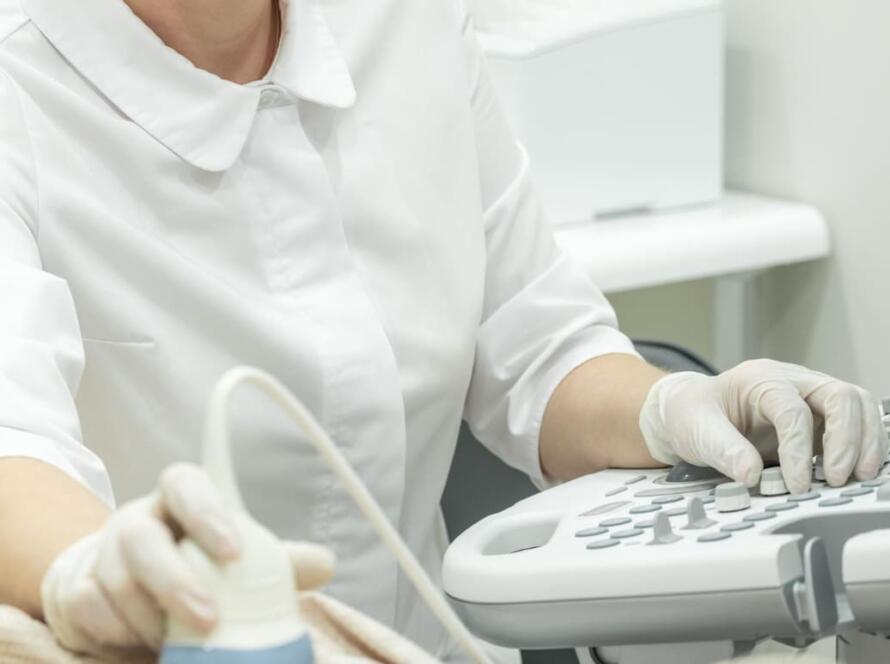Why Routine Exams and Physicals Matter
Preventive healthcare is the cornerstone of long-term wellness. Routine exams and physicals allow healthcare providers to detect potential health issues early, monitor ongoing conditions, and provide guidance for a healthy lifestyle. These exams are not just about checking vital signs—they involve a comprehensive assessment of your overall health, including medical history, lifestyle factors, and risk factors for chronic diseases.
Regular physicals are essential because many conditions, such as high blood pressure, diabetes, or cholesterol imbalances, may not present obvious symptoms in the early stages. By identifying these conditions early, patients can take proactive steps to manage them effectively, reducing the risk of complications and improving long-term outcomes.
What a Routine Exam Typically Includes
Routine exams and physicals vary depending on age, sex, medical history, and lifestyle, but they often include the following components:
- Review of medical history, including previous illnesses, surgeries, medications, and family health history
- Vital signs assessment, including blood pressure, heart rate, respiratory rate, and temperature
- Body measurements such as height, weight, and BMI
- Comprehensive physical examination of major organ systems
- Lab tests, including blood work and urine analysis, to assess cholesterol, glucose, and kidney function
- Screenings for age-appropriate cancers, such as breast, cervical, or prostate cancer
- Vaccination review and updates
- Lifestyle and nutrition counseling to promote healthy habits
Benefits of Regular Exams
Routine exams provide a wealth of benefits for long-term health, including:
- Early detection of health issues: Conditions such as hypertension or diabetes can be managed more effectively when caught early.
- Preventive guidance: Doctors can advise on diet, exercise, and lifestyle changes tailored to your individual needs.
- Vaccination updates: Ensures that your immunizations are current and provides protection against preventable diseases.
- Peace of mind: Knowing your health status can reduce anxiety and empower you to make informed choices.
- Improved chronic disease management: Routine monitoring allows for timely adjustments in treatment plans for ongoing conditions.
How to Prepare for Your Routine Exam
Preparing for a physical exam can help maximize the value of your visit. Some tips include:
- Bring a list of medications, supplements, and dosages
- Document any symptoms, changes in health, or concerns since your last visit
- Wear comfortable clothing for easy examination
- Bring previous medical records or lab results for comparison
- Be ready to discuss lifestyle habits such as diet, exercise, alcohol use, and smoking
Conclusion
Routine exams and physicals are vital for maintaining health, preventing disease, and ensuring that potential issues are addressed promptly. By staying proactive and scheduling regular check-ups, patients can take control of their health, make informed decisions, and maintain long-term wellness. Physicals provide not only assessment but also education and personalized guidance, empowering individuals to live healthier lives.
Learn More About Routine Exams & Physicals
For those looking for professional preventive care, facilities such as Brighton Medical Care’s Routine Exams & Physicals in Brooklyn offer comprehensive assessments, lab testing, vaccination updates, and personalized guidance in a convenient and patient-focused environment.


